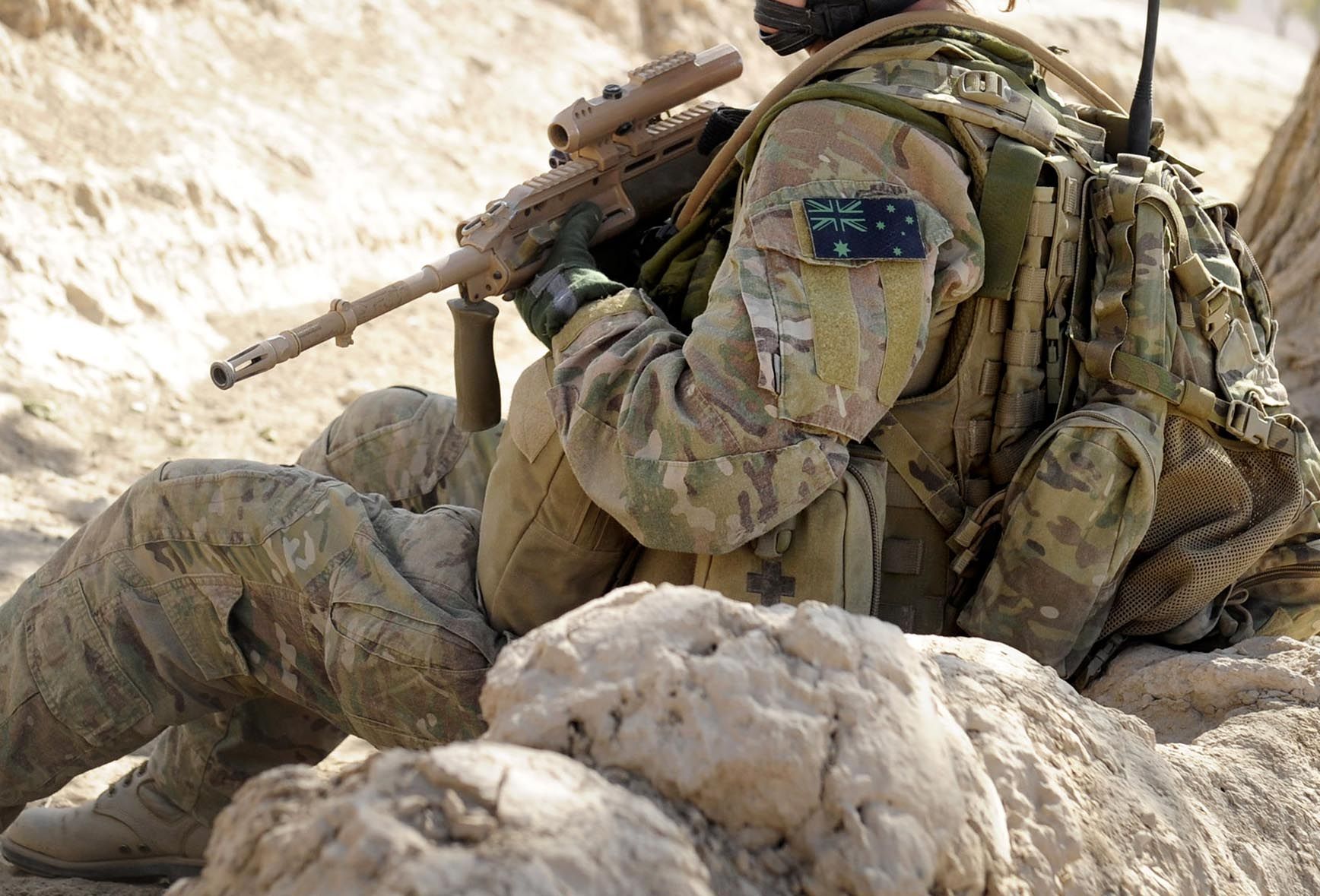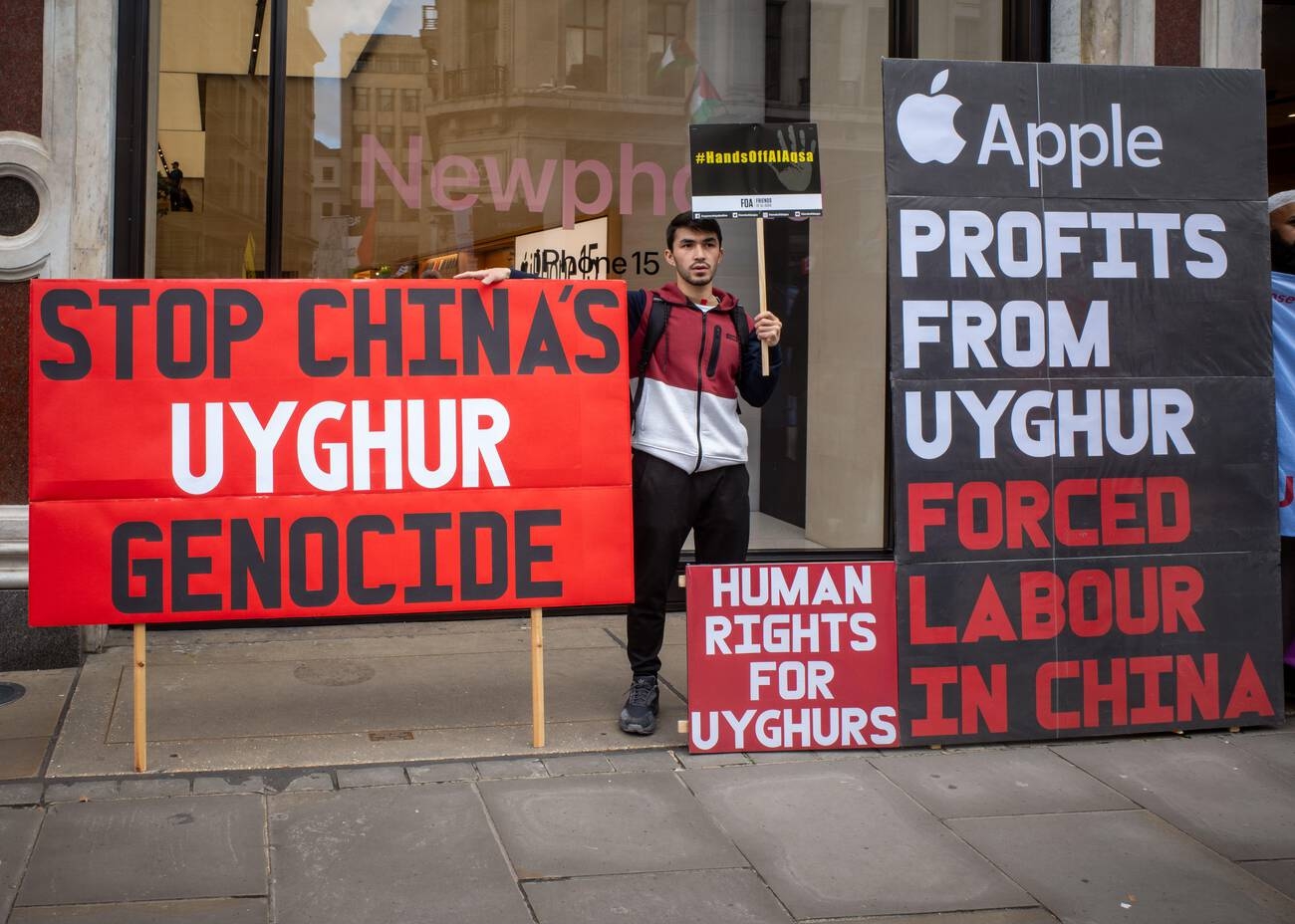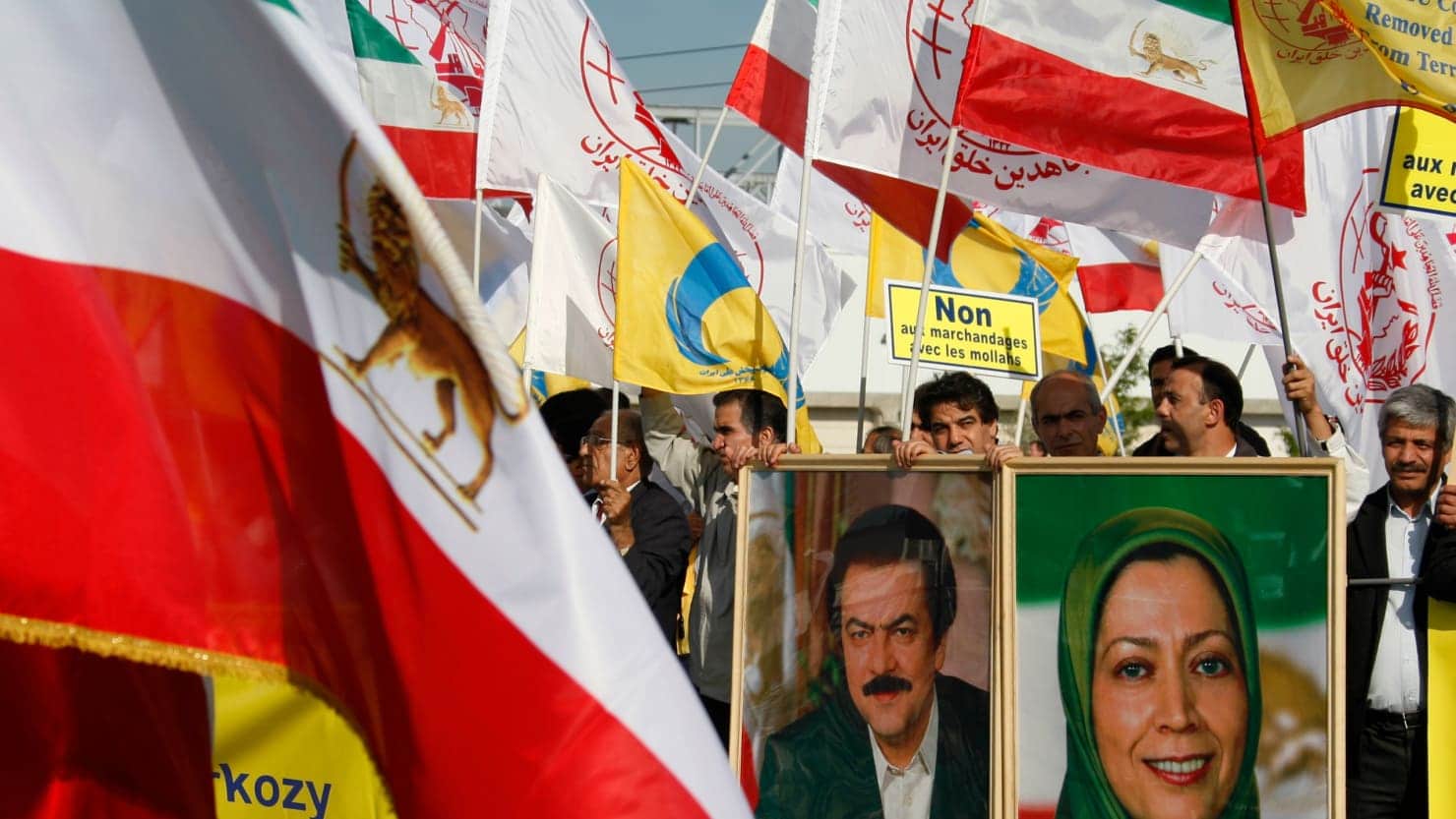Human Lives Human Rights: The extremist group Taliban has recently taken over Afghanistan, resuming what many think will be a reign of terror that they gave the world a taste of in late 1990s, when they briefly got the chance to run the Asian country.
The Taliban insist that it will be a very different experience for Afghans this time regarding their human rights, but they have a very hard time convincing the international community.
Human rights have never been not exactly a strong point for the Taliban, who unashamedly violate the most basic rights of the Afghan people under the name of implementing the Islamic Shariah law.
Although observers almost unanimously agree that the group would fare better than the likes of the Islamic State (IS) and others, if they were ever categorized by their sheer brutality, the Taliban’s past record and the current mindset of its leaders paint bleak picture of what’s to come.
According to reports, the Taliban have already executed a large number of Afghans in charges of cooperating with the U.S. military and NATO forces.
There are social media posts that shows these people hung at the gates of various cities as a warning to other “traitors” whose loyalty lies anywhere else.
The group has also started to broadcast its own propaganda around the country after taking over the state media, making it even more difficult to find out what is really going on.
Karima Bennoune, the UN Special Rapporteur in the field of cultural rights, recently warned that the fall of the capital Kabul puts Afghanista on the path towards a “cultural disaster.”
“It is deplorable that the world has abandoned Afghanistan to a fundamentalist group like the Taliban whose catastrophic human rights record, including practice of gender apartheid, use of cruel punishments and systematic destruction of cultural heritage, when in power, is well documented,” she said.
Foreign countries “have a legal and moral obligation to act to protect the rights of Afghans, including the rights to access to education and to work, without discrimination, as well as the right of everyone to take part in cultural life,” Bennoune further noted.
Bennoune is only one of the many human rights advocates that have called for action against the Taliban before it sets back Afghanistan by destroying whatever achievements human rights defenders have made over the past two decades since the Taliban was dethroned.
However, human rights organizations have been most concerned with the issue of women’s rights under the Taliban’s rule.
During its reign of terror from 1996 to 2001, the Taliban banned women from school, work, speaking in public and even from leaving their homes unless accompanied by a male.
They also forced women to cover themselves in the burqa, a one-piece garment that covers the entire head and body. Public lashings and death by stoning awaited those who broke the code.
The suicide rate among women saw a dramatic increase during those years.
The Taliban had even restricted women’s access to healthcare, a requiring them to use women-only hospitals and wards.
Women also lost a hard-fought right that was included in the country’s 1964 constitution: the Taliban excluded them entirely from political life, including all kinds of governance.
While post-Taliban Afghanistan was never known as a country where women enjoy free access to their most basic rights, the previous governments had made great efforts towards fulfilling that goal.
The 2004 Afghan constitution contains articles that guarantee women’s rights as part of the political process.
It also allows girls and women to join the army and police forces. They can also now train as surgeons, judges and prosecutors, and work as journalists, translators and television presenters.
In 2007, Afghanistan formed its first ever women’s soccer team. They scored their first win five years later, defeating Qatar.
Khalida Popal, the former Afghanistan women’s team captain, told the Guradian recently that the very formation of the team was to counter the Taliban’s ideology.
“For so long I have been fighting to bring visibility to women of Afghanistan and to encourage women of Afghanistan to use their voices. Now I’m telling them to silence that voice, to not talk, to not meet people, to take everything down, to remove their identities. That is very painful,” she said.
Shabnam Mobarez, the current captain who is based in the U.S., summed up the situation best in a tweet.
“ are you okay”
My teammate in Afghanistan “No I am not – I know they will come for me soon, can you help me?” @FIFAcom how should I answer the question? We must act to save my teammates. They are my sisters? 💔— Shabnam Mobarez (@shabnammobarez) August 19, 2021
The Taliban’s quick rise to power has left the international community in a state of total confusion.
So far, Saudi Arabia, a country with a very dark human rights record, has announced that it will recognize the Taliban’s rule, but many other nations have yet to take sides.
While some of this is always expected given the current state of affairs around the world, where a pandemic has turned the attentions towards internal issues, it is imperative that the world takes action in time to ensure the Taliban is in fact being honest with its human rights pledges because otherwise many innocent lives will be lost.
By Phil Simmons
Chief Editor


















